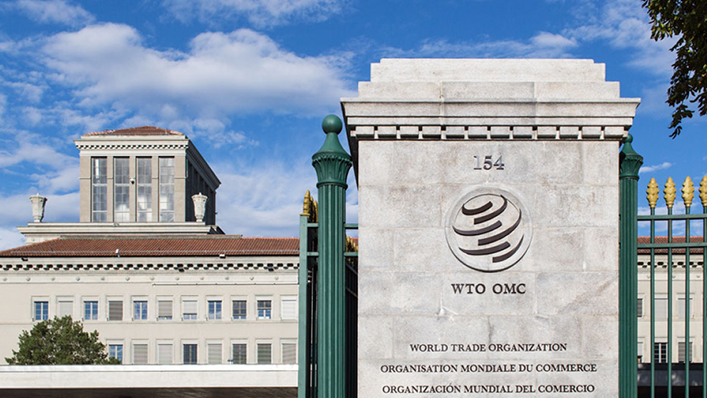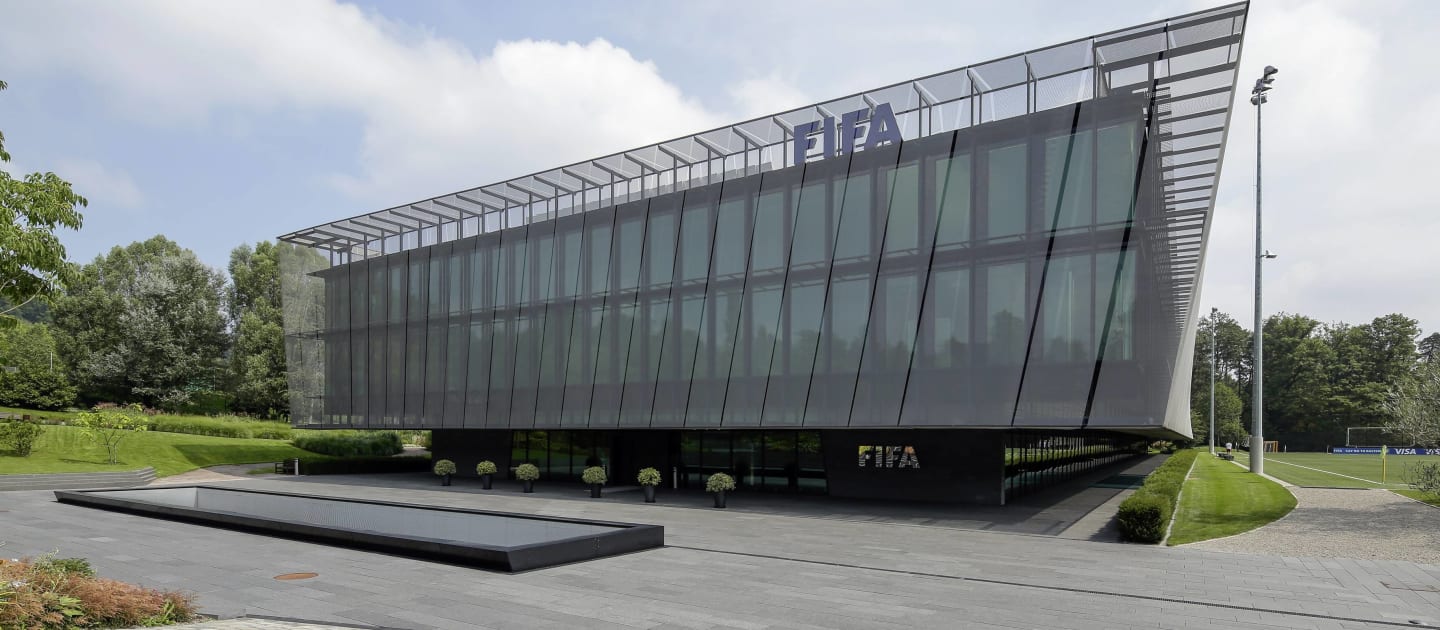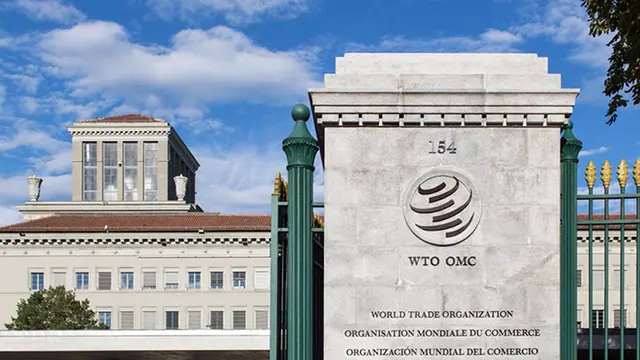
/WTO
A World Trade Organization (WTO) panel Tuesday announced the verdict about the Saudi Arabia and Qatar broadcasting dispute.
The ruling finds Saudi Arabia breached international law by actively supporting the operation of a private TV station, while dismissed five charges filed by Qatar related to the boycott happened in 2017.
The WTO established the panel in December 2018 to settle the dispute between Saudi Arabia and Qatar, which has been locked in a bitter feud with its Gulf neighbors after the severing of diplomatic ties a year earlier.
In Tuesday's case, Qatar had accused Saudi Arabia of blocking Qatari-owned broadcaster beIN and not taking proper action against the theft of its content by a Saudi-based piracy outlet called "beoutQ."
The WTO panel found that Saudi Arabia had not provided for domestic criminal procedures and penalties to be applied to beoutQ, and that Riyadh prevented beIN from obtaining Saudi legal counsel to enforce its IP rights through the Saudi judicial system.
It largely rejected Saudi Arabia's assertion that national security concerns justified its economic actions against Doha.
But the panel also dropped five charges filed by Qatar against Saudi. The organization said that the Kingdom boycott its ties with Qatar because of Doha's link to terrorism, refusing to halt its support for terrorism, as well as dishonor of agreements.
"Saudi Arabia had to take measures against Qatar in order to safeguard its security, and hence its position toward Doha is justified to protect its security interests," WTO added.
Saudi Arabia, along with the United Arab Emirates, Egypt, and Bahrain, abruptly cut diplomatic, economic and travel ties with Qatar in June 2017, insisting it was too close to Iran and funding radical Islamist movements.
Qatar fiercely rejected those allegations and refused to budge on 13 demands made by its allies-turned-adversaries, including closure of the Doha-based Al Jazeera news network and shutting a Turkish military base in the emirate.

/FIFA
Qatari Commerce and Industry Minister Ali bin Ahmed Al Kuwari hailed the ruling. "Qatar, and international rights holders, have scored a resounding victory today," he said in a statement, voicing expectation that Saudi Arabia would "respect this decisive ruling and end the theft and piracy of IP rights at once."
Saudi Arabia's mission to the WTO in Geneva meanwhile stressed that the panel in its ruling had acknowledged that Riyadh was seeking "to protect Saudi citizens and the Saudi population, Saudi government institutions, and the territory of Saudi Arabia from the threats of terrorism and extremism" in the region.
President of La Liga, Javier Tebas, and International Federation of Association Football (FIFA) all expressed support to the verdict on Tuesday.
In an official statement, FIFA says it agrees with the WTO panel's recommendations and demands that KSA "takes the necessary steps" to conform its obligations under the Trade-Related Aspects of Intellectual Property Rights (TRIPS) agreement with immediate effect, and to "protect legitimate media rights partners," such as BeIN, and also football itself.
The 164-member WTO has historically tried to keep national security questions out of its trade dispute system.
But last year, the global trade body issued its first-ever ruling involving its national security clause -- known as Article 21.
In that ruling, it determined that Russia had the right to invoke national security concerns as a justification for imposing restrictions on road and rail transit of Ukrainian goods.
The ruling on beIN could have serious implications for Saudi Arabia's prospective takeover of English Premier League club Newcastle United. The WTO's findings raise serious questions about the ability of the Saudi Public Investment Fund (PIF) to pass the Premier League's test for prospective owners and directors to complete the takeover.
(With input from agencies)
 简体中文
简体中文

